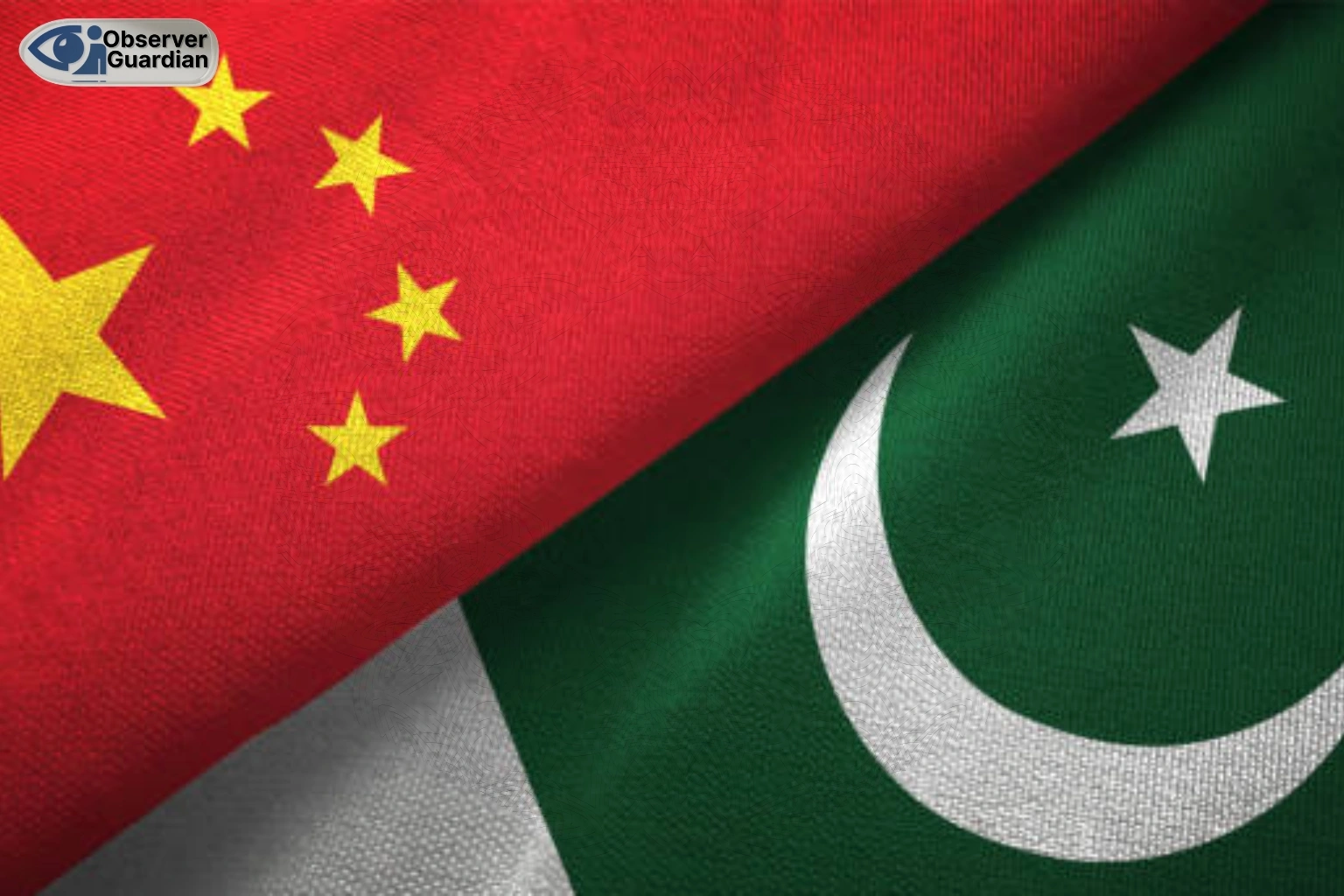China just gave Pakistan’s herbal medicine trade a big boost. Their customs authority has signed off on allowing nearly 30 types of Pakistani plant-based medicinal materials into the Chinese market. That list includes things like the flower buds of water lilies, the fruit of Cordia dichotoma, and the whole plant of Plumbago zeylanica. These are not random weeds, most of them already have a place in traditional remedies in both countries, but now they can move through official trade channels instead of staying limited to local use or small-scale exports.
What makes this interesting is the level of detail China is putting into the approval. They are not just saying “yes, ship it over.” There’s a full system of checks covering everything from how the plants are grown, how pests are controlled, to how they’re packaged. Pakistan’s exporters will have to register, prove traceability, and pass pre-export inspections. Even the packaging is regulated if it’s wooden, it must follow international pest-control standards. And once the shipment arrives in China, inspectors can still turn it back if anything looks off. In other words, this isn’t a free-for-all; it’s a carefully managed opening.
For Pakistan, the upside is clear. The country has a huge variety of medicinal plants, many of which grow wild or are cultivated by small farmers. Until now, that potential has not really been translated into steady exports. Having access to China, a massive market for herbal medicine could change that. It could mean better income for growers, new jobs in processing, and more investment in making sure the supply meets international standards.
From China’s perspective, this helps diversify where they source their herbal ingredients. Relying too heavily on one region or supplier can be risky, and this deal fits into their broader push for more secure supply chains. It also ties neatly into the broader China Pakistan Economic Corridor agenda, where both countries are trying to expand trade beyond just energy and infrastructure.
Of course, pulling this off smoothly will take work. Farmers and processors in Pakistan will need support to meet all the rules, especially smaller operations that are not used to strict traceability or pest monitoring. If a few shipments get rejected because of non-compliance, that could damage trust quickly. So, both governments will need to stay closely coordinated.
All in all, this approval feels like a win-win on paper: Pakistan gets a new, high-value export market, and China gets another reliable source for traditional medicine ingredients. The real test will be in how well Pakistan manages to scale up quality control, so the flow does not just start, but keeps going.







